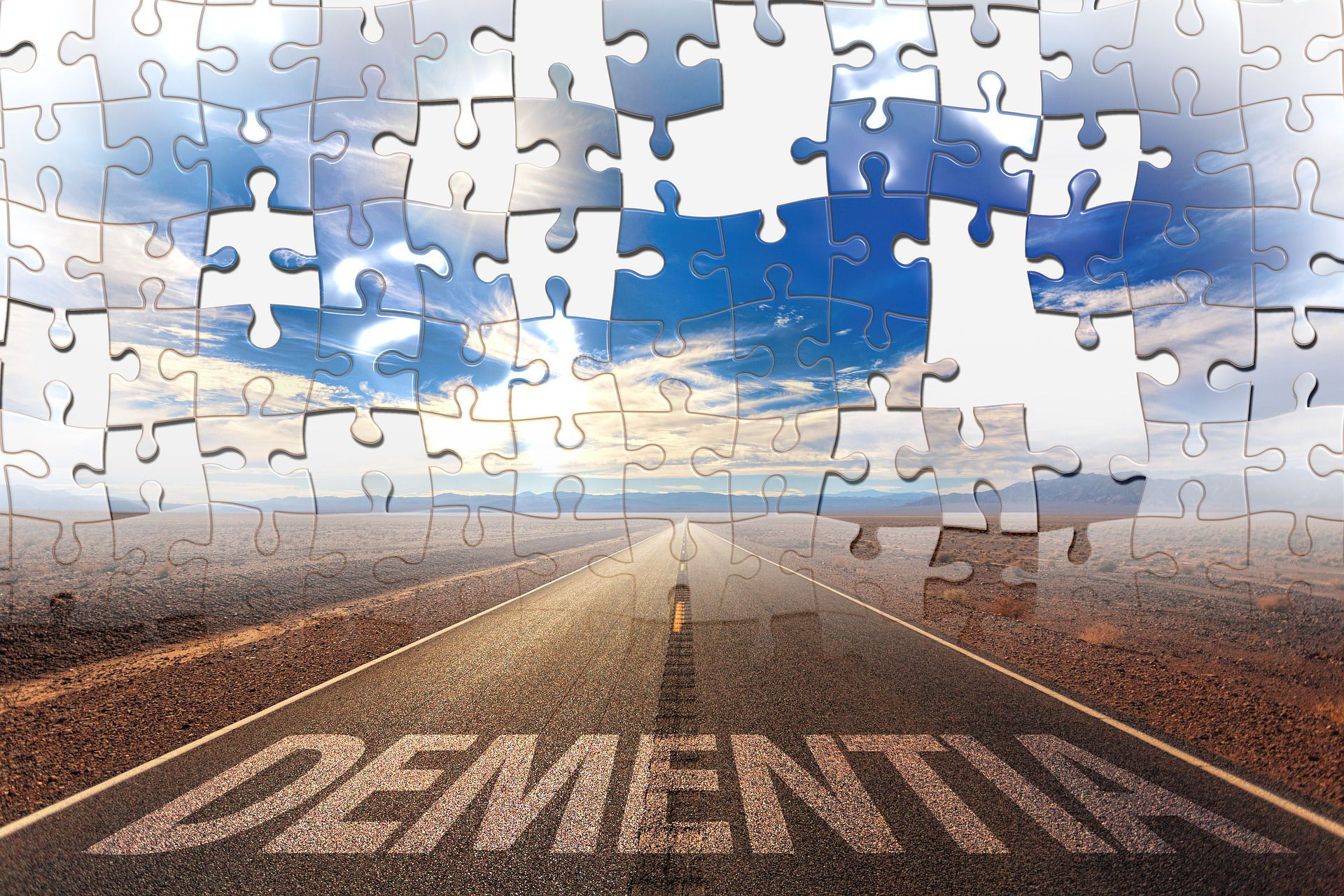Psychological Wellness

Is your mind working non-stop 24h a day? Need a break from the constant ticking over?
You’re not alone! Join the millions of people across the UK juggling hectic schedules and the stresses of modern life. Advances in technology have us busier than ever before with mobile devices keeping us on call 24 hours a day, 7 days of the week. How many of us continue to work from home when unwell? In addition to work pressures, the rise in social media, gaming, and on-line shopping to name a few, have us constantly glued to our gadgets. The bottom line – our mental health is suffering and the World Health Organisation have made a staggering prediction, based on continuation of current trend:
Depression is set to be the second largest cause of years of life lost due to premature death + disability!
A fast-paced lifestyle and digital technology are not the only factors to consider when it comes to mental health. At some point in our lives we will all suffer bereavement of a loved one, relationship break up, or experience general difficulties in life, all of which can have negative consequences on our mental state of mind.
It’s time to take back control – With the power of exercise.
Multiple hormones are released when we exercise, some of which help to regulate mood and hence exercise can be beneficial for your psychological health and can reduce the risk of depression. The group of hormones which receive most recognition for inducing mental calmness and a feeling of happiness are endorphins. Endorphins act in a similar way to the drug morphine and help us to relieve pain and stress.
Exercise can serve as ‘me time’ and help relax your mind from everyday thoughts. Mood can also be elevated from the physical and health benefits which can be achieved from a regular workout routine. Additional mental health benefits gained from taking part in a regular workout routine include a better quality of sleep, improved memory, less stress / anxiety, and more confidence and self-esteem, all of which can have a positive impact on the quality of life. Exercise can also be used as a preventative measure to lower the risk of developing conditions such as dementia and Alzheimer’s.
For adults between the ages of 19-64, government guidelines recommend at least 150 minutes of moderate exercise every week. This can equate to 30 minutes of exercise 5 days of the week. The safest way to increase your physical activity levels is through personal training which will provide supervised exercise and tailored training to suit your individual need. Click here to book your free consultation with ReVibe Fitness today.
